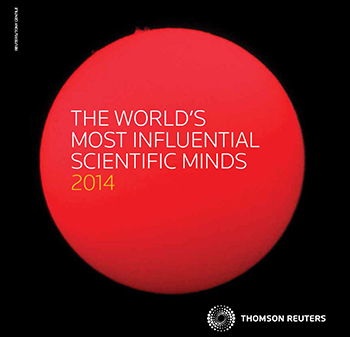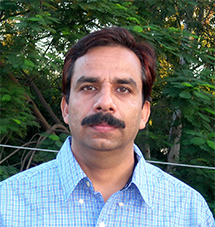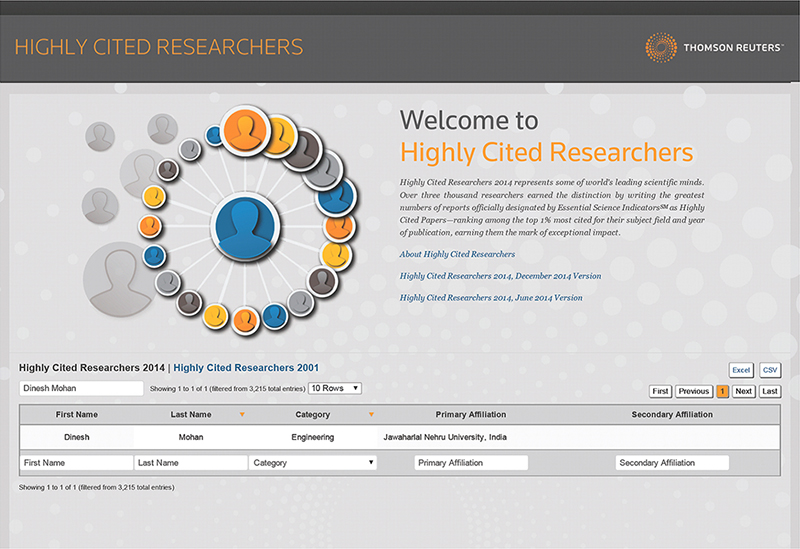Educational Qualifications
- M.Sc. (Chemistry, 1990,Passed in First Division),),Indian Institute of Technology Roorkee*
- Ph.D. (Chemistry,1995, Thesis adjudged Excellent),),Indian Institute of Technology Roorkee*
(* Formerly known as University of Roorkee)
Current R&D/S&T Activities and Research Areas
Prof. Dinesh Mohan has more than 21 years of diverse research experience aimed at the challenging problems in the area of Energy and Environment. A key theme throughout Prof. Mohan’s career has been the merger of basic academic science research with the development of applications to industrial processes. The merger of basic science with engineering follows from his research pathway.
Professor Dinesh Mohan conducts research on water (ground and surface) and wastewater monitoring and development of sustainable treatment technologies, use of thermochemical platform for the production of biofuels (biooil) from lignocellulosic biomass. Prof. Mohan is also involved in biochar development, characterization and utilization in water filtration, soil immobilization and fertility, carbon sequestration and climate change mitigation. Laboratory and field studies to evaluate the effects of biochar on crop yield, nutrient retention, nitrogen cycles, nitrous oxide and methane dynamics, water holding capacity and carbon cycling are in progress/completed. Prof. Mohan has developed a variety of activated carbons/magnetic carbons/nanosprbents/biochars for the remediation of organic (phenols, dyes, pharmaceuticals, pesticides etc.) and inorganic (heavy metal ions, fluoride, nitrate etc.) pollutants from water and wastewater.
Professor Mohan is also interested in the transfer of basic research to the private sectors/industries/ organizations/NGOs for commercial development to aid the poor peoples who cannot afford the sophisticated costly water treatment methods. This can range from applied to fundamental basic research. Some of the current research areas include:
- Environmental/Aquatic/Surface Chemistry
- Water/wastewater monitoring, assessment, modeling and remediation using physicochemical treatment methods (adsorption, ion-exchange, flocculation, froth flotation, filtration etc.)
- Climate change mitigation: Biochar development and its applications in carbon sequestration
- Biorefining and Carbon Cycling: Biomass fast pyrolysis for the development of Bio-oils (bio fuels) and Biochars, Bio-oils fractionation, Biorefineries
- Development of low cost adsorbents/biosorbents/magnetic adsorbents/magnetic nanosorbents/ magnetic nanoparticles/nanospheres for the remediation of emerging contaminants ( eg. arsenic, fluoride, nitrate, iron, pharmaceuticals, phenols, pesticides from water)
- Surface chemistry of activated carbons, biochars and alternative adsorbents (physical and chemical properties)
- Applications of biochar for remediation of contaminated (heavy metals and organic pollutants) soils
- Acid mine drainage (AMD) treatment and control
- Development of environmentally friendly wood preservatives
- Deinking of pulp and paper
- Technology development for arsenic, fluoride, and chromium remediation
Total Research Experience:21 years
Professional Career (in reverse chronological order)
August 2014 - till to dateProfessor, School of Environmental Sciences Jawaharlal Nehru University, New Delhi
August 2008- August 2014Associate Professor, School of Environmental Sciences Jawaharlal Nehru University, New Delhi
January 2005- January 2007Post-Doctoral Associate, Chemistry Department,Mississippi State University, Mississippi State, MS 39762, USA
October 2000-August 2008Scientist, Environmental Chemistry Division, IndianCSIR-Institute of Toxicology Research (Formerly Industrial Toxicology Research Centre), Lucknow
March 2000-October 2000Lecturer, Department of Environmental Sciences and Engineering, Indian School of Mines Dhanbad, India
September 1997 –July 1999Post-Doctoral Research Associate, Department of Energy & Geo-Environmental Engineering, Penn State University, University Park, State College,PA, USA
April 1997-July 1997Visiting Professor, Universidad Autónoma San Luis Potosí, México
August 1995-March 1997Research Associate (Council of Scientific &Industrial Research, Govt. of India, New Delhi), Chemistry Department, Indian Institute of Technology Roorkee, India
July 1993-August 1995Senior Research Fellow (Council of Scientific & Industrial Research, Govt. of India, New Delhi), Chemistry Department, Indian Institute of Technology Roorkee, India



